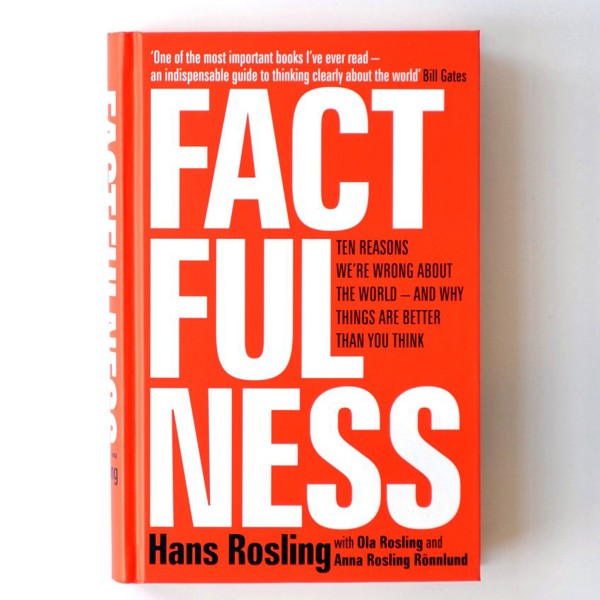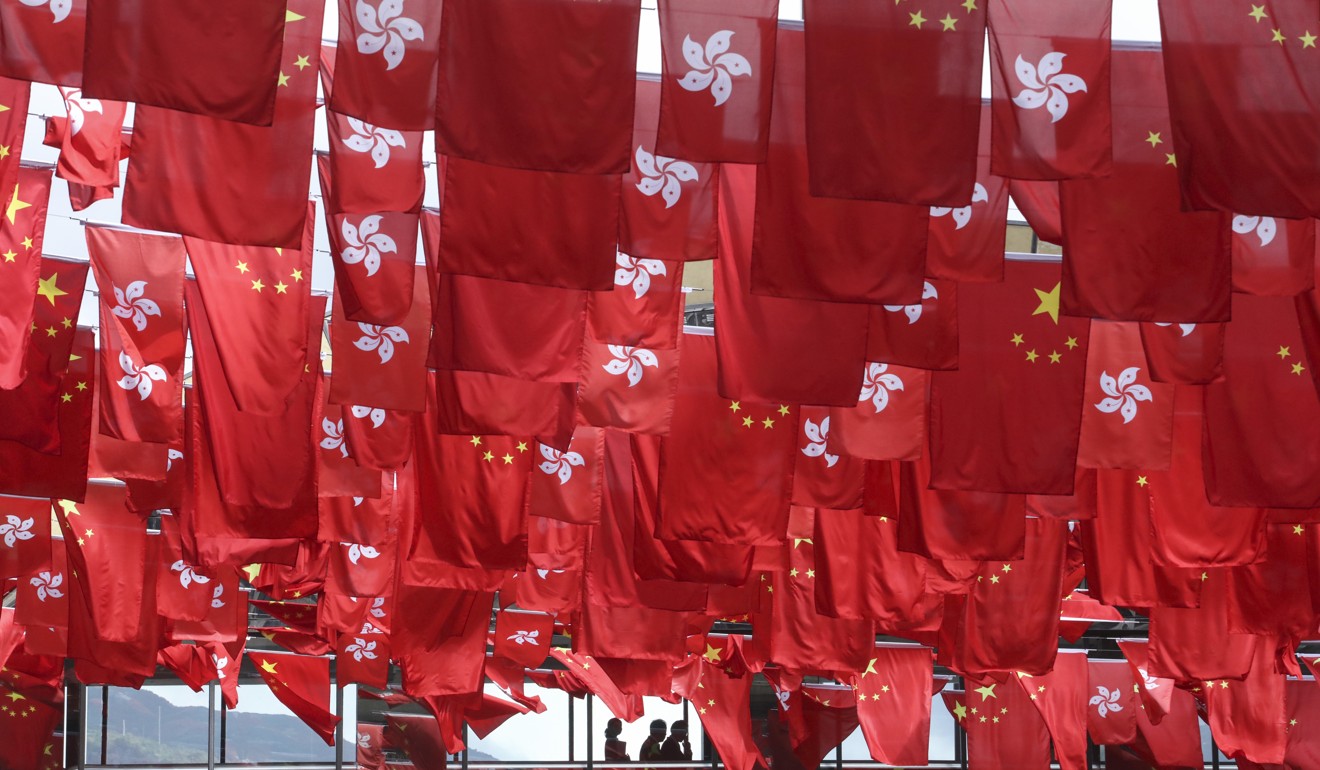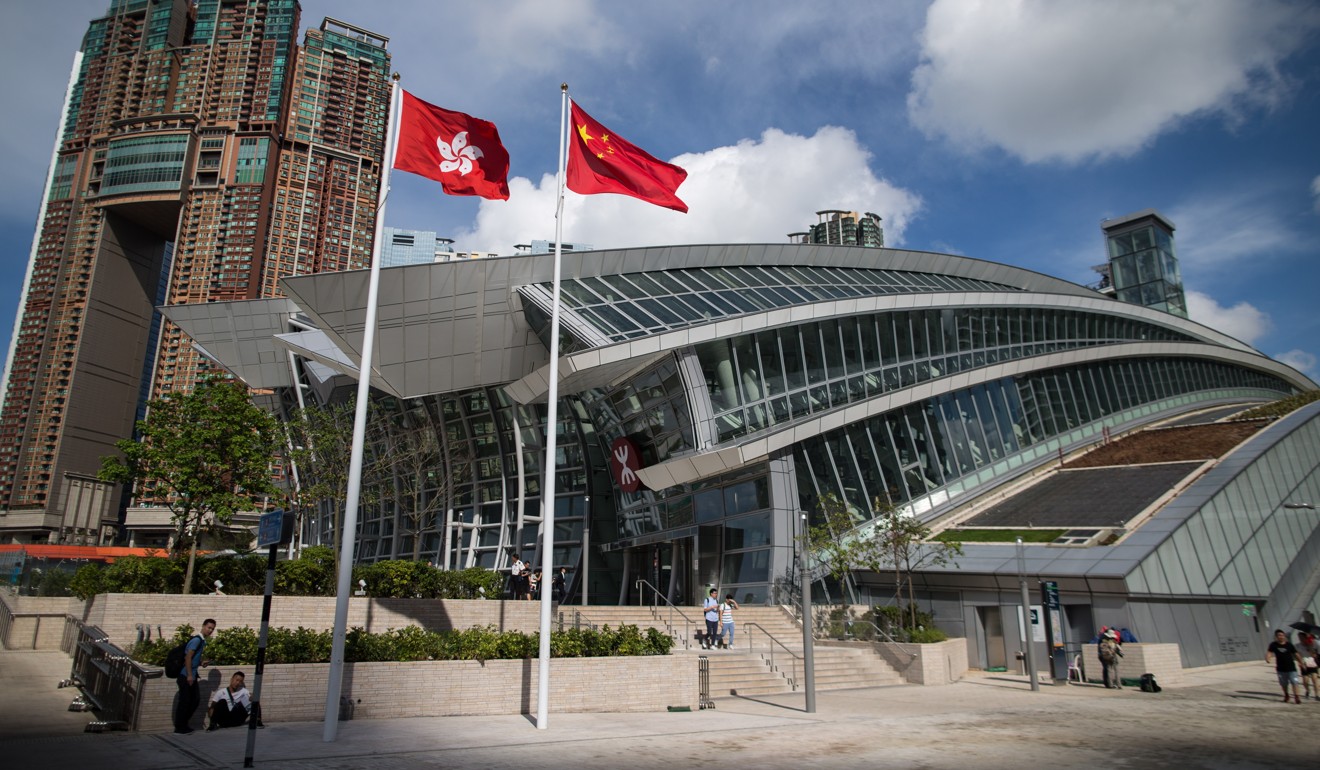
Sober look at the facts reveals Hong Kong and the world may not be as troubled as they seem
- As a year of emotion-fuelled conflict and controversy draws to a close, city could do with a return to a more fact-based world view to solve its problems
To say 2018 was a tumultuous year is no exaggeration, but how about 2019 and what’s in store for Hong Kong?
Feng shui masters may offer various forecasts, but the facts may be something else, and what is good or bad depends on whom you ask or how you look at it.
I’ve just been reading Hans Rosling’s Factfulness: Ten Reasons We’re Wrong About the World – and Why Things Are Better Than You Think, in which the late Swedish statistician likens the world to a premature baby lying critically ill in an incubator.
“After a week, she is getting a lot better. On all the main measures, she is improving, but she still has to stay in the incubator because her health is still critical,” he writes.

“Does it make sense to say the infant’s situation is improving? Yes. Absolutely. Does it make sense to say it is bad? Yes, absolutely. Does saying ‘things are improving’ imply that everything is fine, and we should all relax and not worry? No, not at all. Is it helpful to have to choose between bad and improving? Definitely not. It’s both. It’s both bad and better. Better, and bad, at the same time.”
How to be happy: stop trying for the perfect life and embrace negative emotions
The book, published in 2017 after Rosling’s death, offers unique insights using a compilation of public data and facts. It was described by tech billionaire Bill Gates as “an indispensable guide to thinking clearly about the world”.
I must thank a colleague who gave me the book as a present, which became my best source of enjoyment during the holiday season.
Rosling touches on a number of pressing world issues, including pandemics, extreme poverty, financial risks and climate change, but his insights can be very relevant to Hong Kong.

Past years have seen various surveys suggesting Hong Kong’s competitiveness is declining and Hongkongers are becoming more unhappy for one reason or another. So, is Hong Kong a good or bad place to live?
I was at a recent gathering that included people doing business in both the United States and mainland China, as well as professionals from Hong Kong and Guangdong, when the escalating US-China trade war became the unavoidable topic over lunch.
Opinion: online panic mongers, fact check before forwarding
Everyone seemed worried. One garment manufacturer, who was a commuter between all three jurisdictions, complained of how difficult it had become and asked whether he should shift his core business from Guangdong to Los Angeles, where he had lived for two decades, or back to Hong Kong where he grew up.
This immediately triggered a heated debate over what was “good” about our city, but all the “bad” things came up first: the market was too small; the cost of everything, especially property, was too high; the education system was awful; the environment was too politicised – the list seemed endless.

It was at this point that a Shenzhen-based accountant spoke up to remind everyone of how safe and open Hong Kong was compared with the US and the mainland.
“You have a simple taxation system, sound and transparent financial regulations, free flow of information and capital, to name but just a few ... it’s all something to be envious of,” he declared, also informing us he would be catching the next high-speed train to Guangzhou for another appointment.
“It is now much easier to take care of my clients in both the ‘Greater Bay Area’ and here in Hong Kong,” he said.
The smiling accountant bid us all farewell, apparently oblivious to the political and social controversies surrounding the newly opened rail link still fresh in the minds of many here.
But regardless of what the perceptions may be, the facts are evident in the new conveniences offered by the cross-border train service.
As Rosling so astutely pointed out, the problems will always be there, even with “good things” and improvements.
“When we have a fact-based world view, we can see that the world is not as bad as it seems,” Rosling states at the end of his book.
Surely that’s food for thought to make Hongkongers happier in the new year.
Tammy Tam is editor-in-chief at the Post

